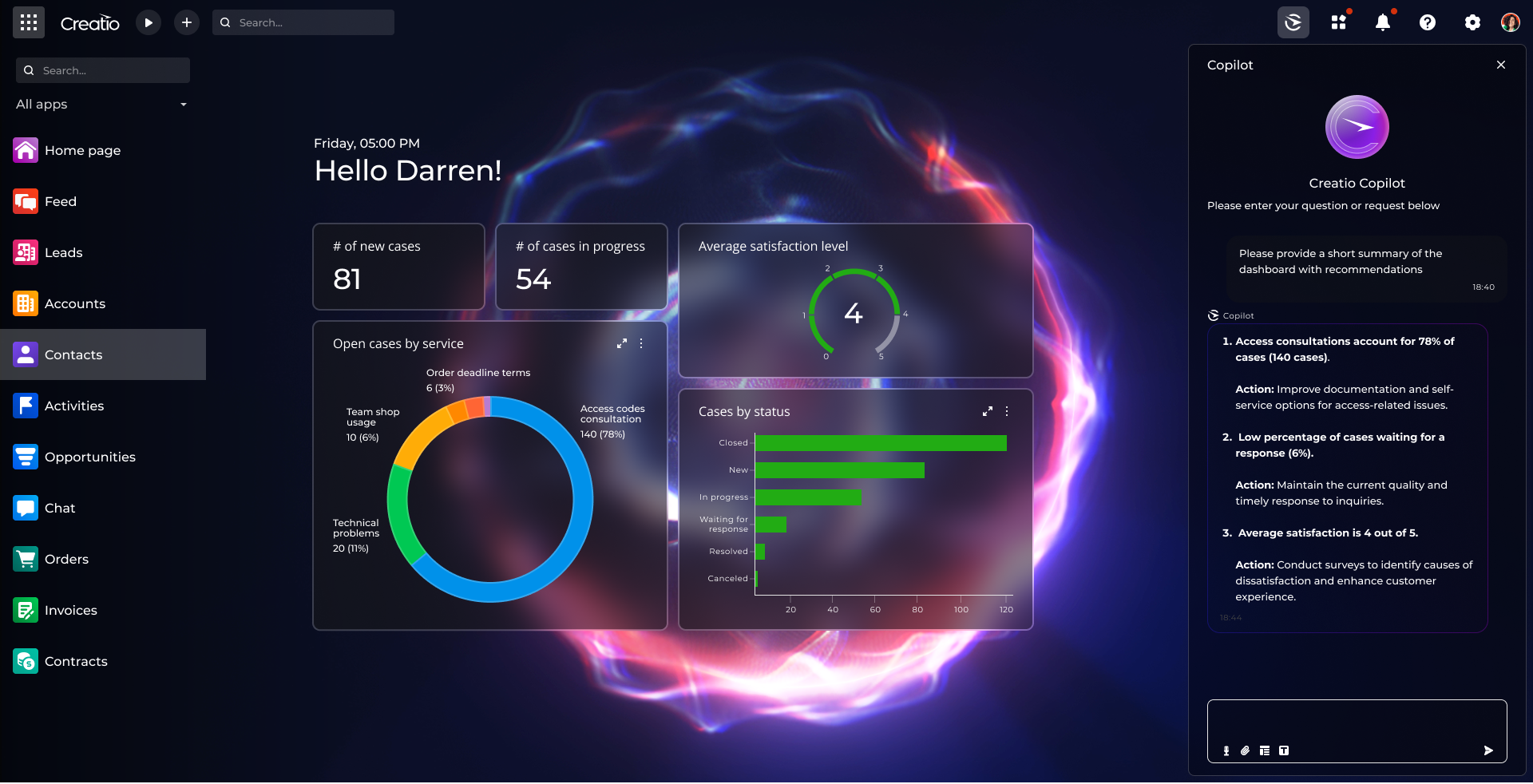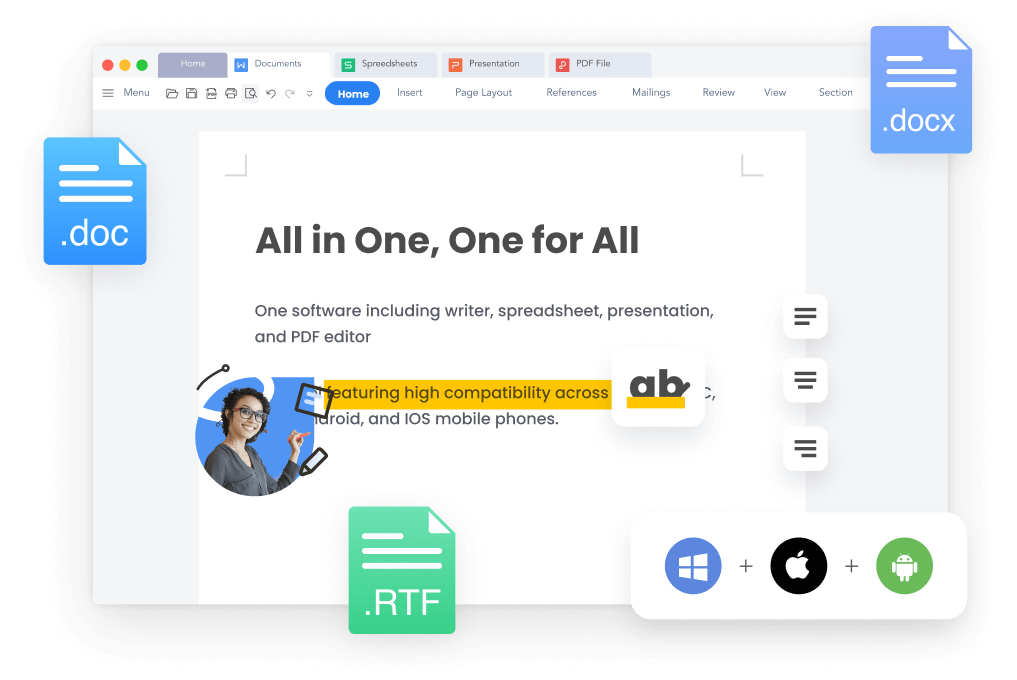Choosing the Right CRM for Your Funded Firm: Key Considerations

Selecting the right Customer Relationship Management (CRM) system is one of the most important decisions a funded firm can make. A well-chosen CRM not only helps in managing client relationships but also supports growth, compliance, and overall efficiency. For funded firms, where investors and clients expect transparency, accountability, and consistent communication, the right CRM can become the backbone of operations. With the abundance of CRM options available today, making the right choice requires careful consideration of specific factors unique to funded businesses.
Understanding the Importance of CRM for Funded Firms
Funded firms often operate under pressure from stakeholders and investors to show measurable growth and sustainable returns. Unlike small self-funded companies, they deal with higher expectations, more complex reporting, and stricter compliance requirements. A CRM for funded firms is not just about managing sales pipelines but also about creating a transparent system where data can be tracked, shared, and analyzed in real time.
The right CRM enables funded firms to:
- Improve client acquisition and retention rates
- Ensure compliance with industry regulations
- Provide clear and detailed investor reporting
- Streamline communication between internal teams and clients
- Increase operational efficiency by automating routine processes
Choosing the right system means aligning these capabilities with the specific goals and challenges of your firm.
Key Considerations When Choosing a CRM
When evaluating different CRM platforms, funded firms must go beyond basic features and look for functionalities that align with their operational needs. Below are the essential considerations to keep in mind.
Customization and Scalability
Funded firms often evolve quickly, expanding into new markets, introducing new services, or managing larger client bases. A CRM for funded firms should be highly customizable to adapt to these changes. Scalability ensures the system grows with the business, supporting new processes and data without disruption. Look for CRMs that allow you to create custom fields, workflows, and dashboards tailored to your firm’s unique requirements.
Integration with Existing Systems
A CRM does not exist in isolation. Funded firms typically rely on other tools such as accounting software, marketing automation platforms, trading or investment systems, and compliance tracking tools. The CRM you choose should integrate seamlessly with these systems to prevent data silos and reduce manual work. Strong integration capabilities also ensure that all departments work with consistent, up-to-date information.
Data Security and Compliance
For funded firms, protecting sensitive client and investor data is non-negotiable. Regulatory requirements such as GDPR, FINRA, or SEC guidelines mean that firms must carefully evaluate a CRM’s security protocols. Features like data encryption, role-based access controls, and regular security audits are critical. Additionally, ensure the CRM provider offers compliance support features such as audit trails, secure communication channels, and data retention policies.
Reporting and Analytics
Investors expect detailed and accurate reporting, often on short notice. The CRM for funded firms should include advanced reporting and analytics features that provide insights into client behavior, deal progress, and financial performance. Look for customizable reporting dashboards that can be shared easily with stakeholders. Predictive analytics can also help forecast future opportunities and risks, giving funded firms a competitive edge.
User Experience and Adoption
Even the most advanced CRM is ineffective if your team struggles to use it. User-friendliness is key, especially for firms where employees need to focus on client engagement rather than navigating complex software. Choose a CRM with an intuitive interface, mobile accessibility, and strong customer support. Providing training sessions and clear onboarding processes will further ensure higher adoption rates across the organization.
Automation Capabilities
Time is one of the most valuable resources for a funded firm. Automating repetitive tasks such as email follow-ups, scheduling, data entry, and reporting allows employees to focus on higher-value activities. A CRM with strong automation features can improve efficiency, reduce errors, and ensure consistent communication with clients and investors.
Cost and Return on Investment
While budget is always a consideration, funded firms should not view CRM as a cost but as an investment. The right system should deliver a strong return by increasing productivity, improving client retention, and reducing compliance risks. When evaluating costs, consider not only subscription fees but also implementation, customization, and potential training expenses.
Steps to Successfully Implement a CRM
Selecting a CRM is only half the battle. Successful implementation ensures that the system delivers maximum value. Here are the steps funded firms should take to guarantee smooth adoption.
Define Clear Objectives
Before implementing a CRM, firms must define clear goals. Are you aiming to improve investor reporting, increase client retention, or streamline compliance management? Having well-defined objectives helps in customizing the system and measuring its success.
Involve Stakeholders Early
CRM systems impact multiple departments, from sales and marketing to finance and compliance. Involve representatives from all relevant teams in the decision-making process. This ensures that the chosen CRM addresses the needs of the entire organization, not just one department.
Prioritize Data Migration
Transitioning to a new CRM involves migrating existing client and investor data. Data quality is critical—duplicate records or incomplete information can undermine the effectiveness of the system. Invest time in cleaning and organizing your data before migration to avoid issues later.
Provide Comprehensive Training
For a CRM to succeed, employees must feel confident using it. Offer training sessions tailored to different teams, focusing on the features most relevant to their roles. Encourage continuous learning by providing access to tutorials, documentation, and customer support resources.
Monitor and Optimize
Once implemented, monitor the CRM’s performance against your initial objectives. Gather feedback from users, analyze usage data, and make adjustments to workflows or features as needed. Regularly revisiting and optimizing the system ensures that it continues to support the firm’s growth.
Future Trends in CRM for Funded Firms
The CRM landscape is constantly evolving, and funded firms should be aware of emerging trends that could shape their future operations.
- Artificial Intelligence (AI): AI-driven CRMs can analyze client behavior, predict future needs, and automate decision-making processes.
- Enhanced Personalization: Advanced CRMs will offer more personalized client interactions, helping funded firms build stronger relationships.
- Cloud-Based Solutions: Cloud CRMs provide greater flexibility, scalability, and security, making them a preferred choice for many firms.
- Mobile-First Approach: With teams working remotely or traveling frequently, mobile-optimized CRMs ensure accessibility anytime, anywhere.
- Advanced Compliance Features: As regulations become stricter, CRMs will continue to integrate compliance tools directly into their systems.
Conclusion
Choosing the right CRM for funded firms is a strategic decision that goes far beyond managing customer relationships. It involves ensuring compliance, improving efficiency, and building strong client and investor trust. By considering factors such as customization, integration, security, reporting, and automation, firms can select a system that supports both short-term goals and long-term growth. A thoughtfully chosen CRM becomes more than just a software—it becomes a vital partner in driving sustainable success in a competitive, high-expectation environment.






